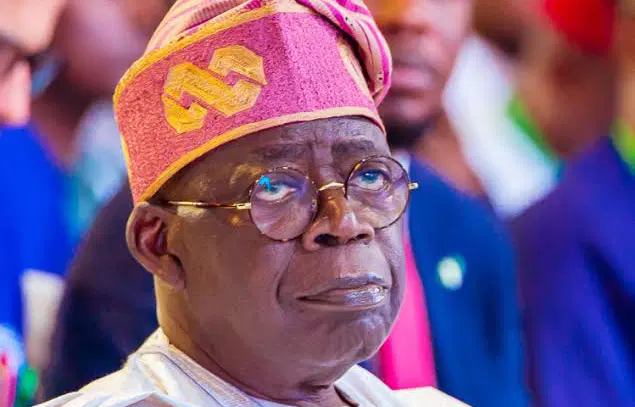On Thursday, President Bola Tinubu expressed concerns over the long-term neglect of Nigeria’s livestock sector, highlighting its significant impact on the nation’s import bills, particularly in relation to milk and dairy products, which account for between $1.2 billion to $1.5 billion annually. Speaking at the Stakeholders Consultative Workshop on Livestock Reforms held at the Presidential Villa in Abuja, he emphasized the need for substantial reforms and investment in this critical sector.
President Tinubu noted the vast potential of the livestock sector to contribute significantly to Nigeria’s Gross Domestic Product (GDP) and create decent jobs. He assured stakeholders of his administration’s commitment to establishing an enabling environment for business growth within the industry.
He stated, “The livestock sector is a very important sector; we’re going to give it all it needs to bring value to our country. Stakeholders, I stand here assuring you that you will not regret the collaboration and the investment coming into this sector.”
The President criticized the country’s current reliance on imports, stating, “It is about time that we did it right. A country of over 200 million people cannot serve our children one pint of milk in the classroom per day. We must work together to realize the dream of transforming this sector.”
He outlined the significant resources available in Nigeria, including:
- 563 million chickens
- 58 million cattle
- 124 million goats
- 60 million sheep
- 16 million pigs
Despite being the leading livestock producer in West Africa, the country struggles with low production levels of animal-source foods. Tinubu highlighted the stark contrast between Nigeria’s consumption levels and global averages, particularly in milk, meat, and eggs.
He expressed particular concern over the average milk yield from cows managed by pastoralists in Nigeria, which stands at a mere 0.5 to 1.5 liters per day, far below the global average of 6.6 liters.
Tinubu emphasized the importance of revitalizing the livestock sector, stating, “We can bring prosperity to our people. We can feed our children. From grass, we can achieve grace. We can contribute so much to the GDP and provide decent jobs.”
He reassured the public that past mistakes—such as neglecting livestock farming and over-relying on dairy imports—would not be repeated. The President committed to establishing a robust framework to stimulate growth and ensure confidence in the sector’s future.
Tinubu commended the Presidential Livestock Reform Implementation Committee, led by Co-Chairman Prof. Attahiru Jega and Secretary Prof. Muhammed Yahaya Kuta, for their dedication to repositioning the livestock sector. He also acknowledged the support from local leaders, including the Chairman of the Nigerian Governors’ Forum and the Etsu Nupe, Alhaji Yahaya Abubakar, in attracting investors to the region.
This initiative marks a significant step toward revitalizing Nigeria’s livestock industry and reducing its reliance on imports while enhancing food security and economic growth.

